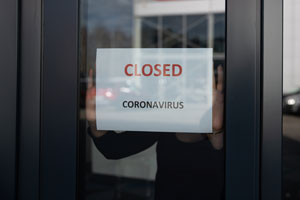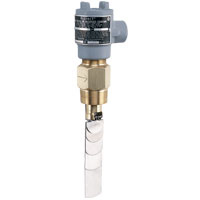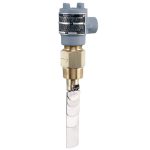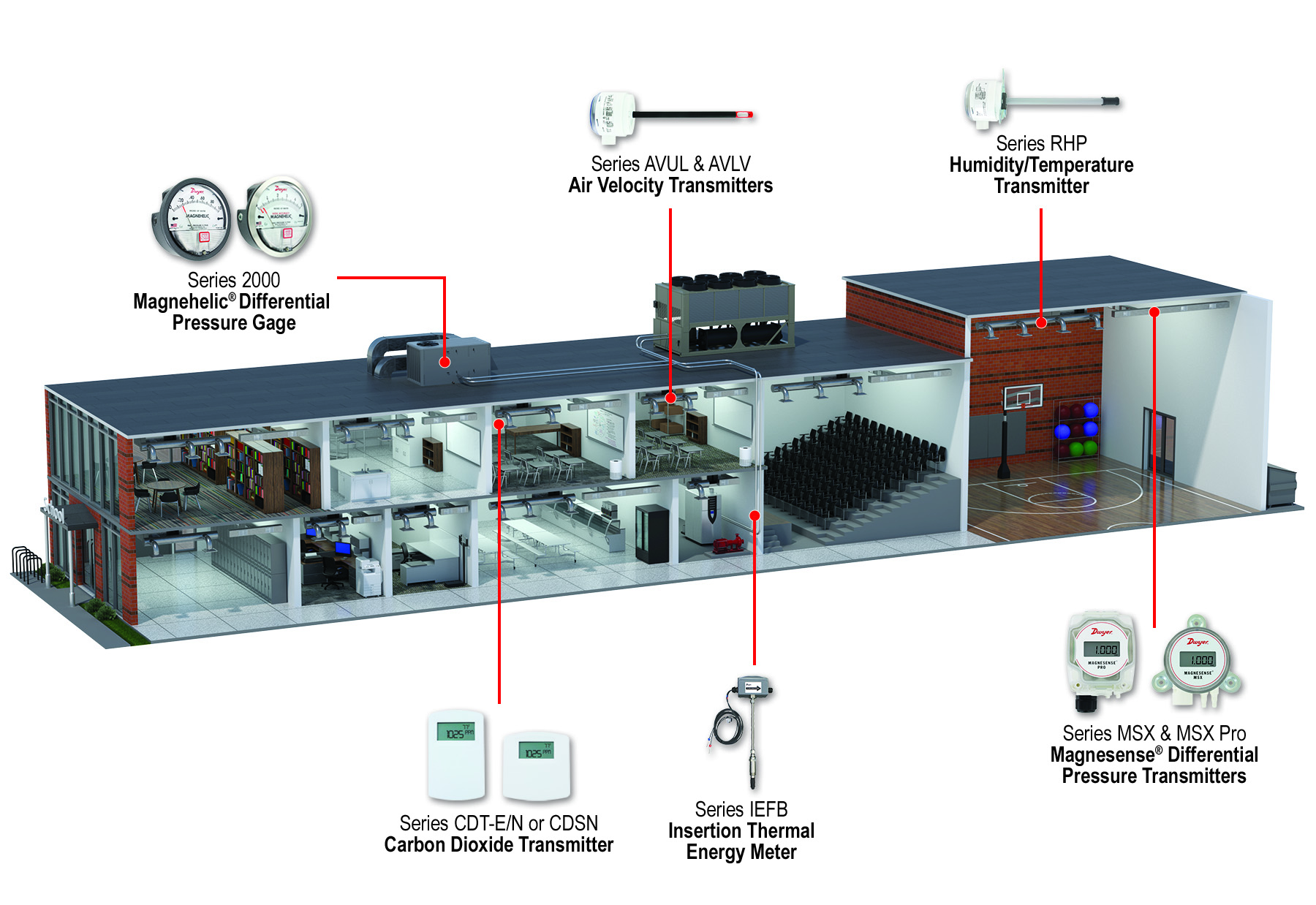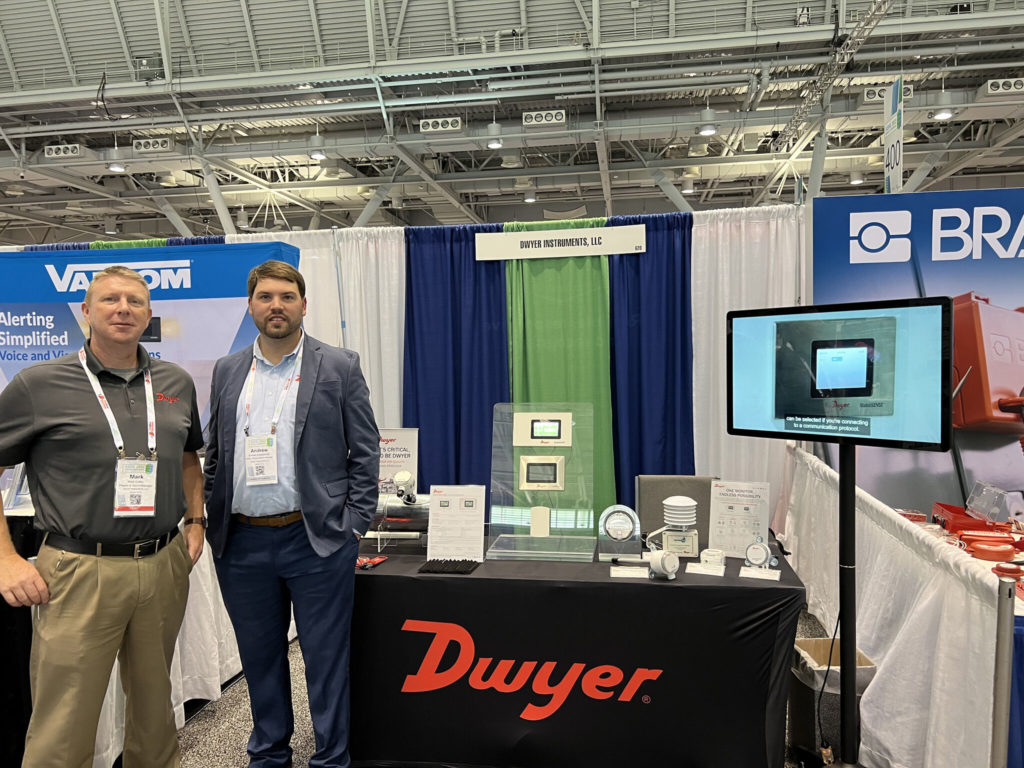
Today wrapped up the 2022 ASHE Annual Conference, where our team met with health care facility and engineering professionals to discuss future trends, find new solutions, and showcase our latest products. Continue reading “Thanks for visiting us at the ASHE Annual Conference!”
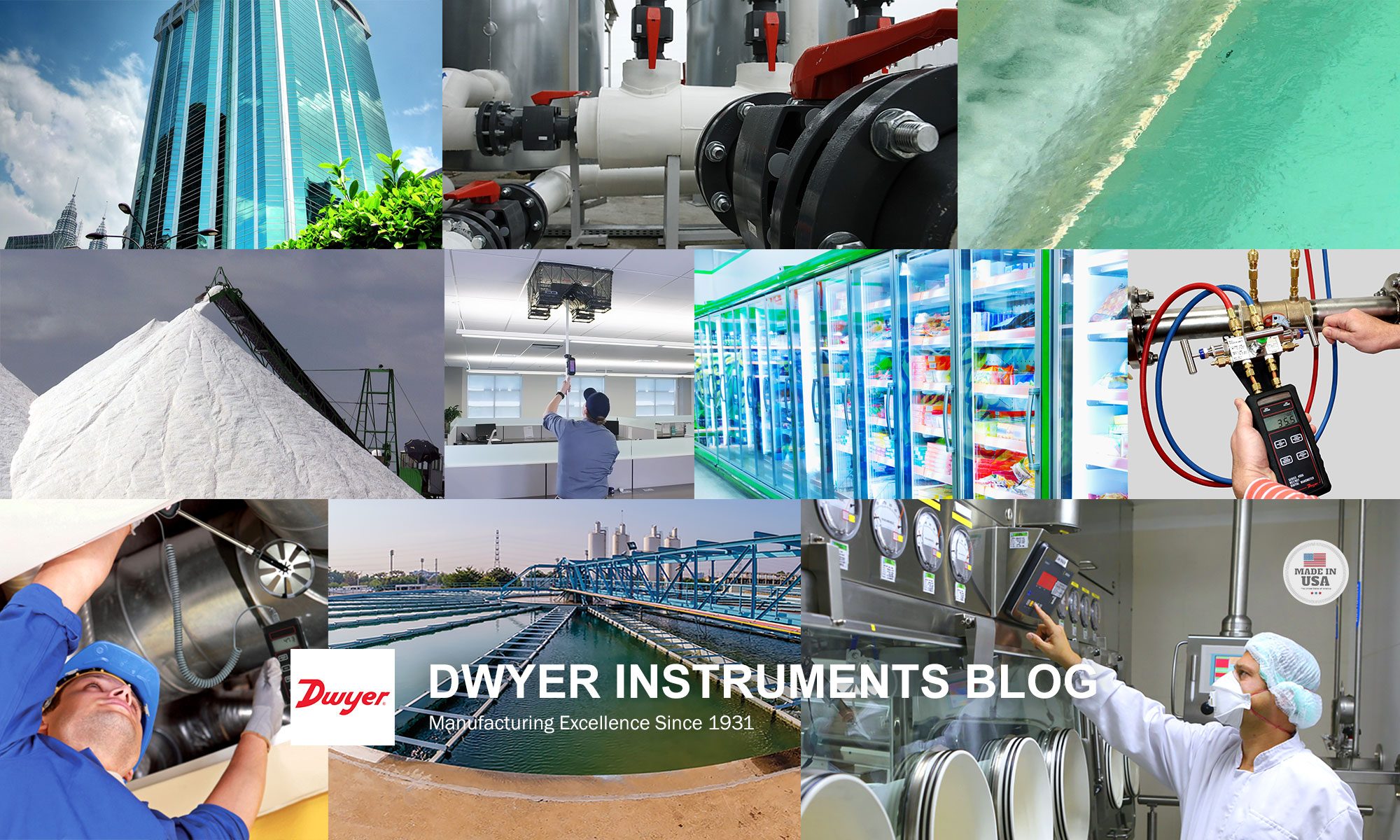
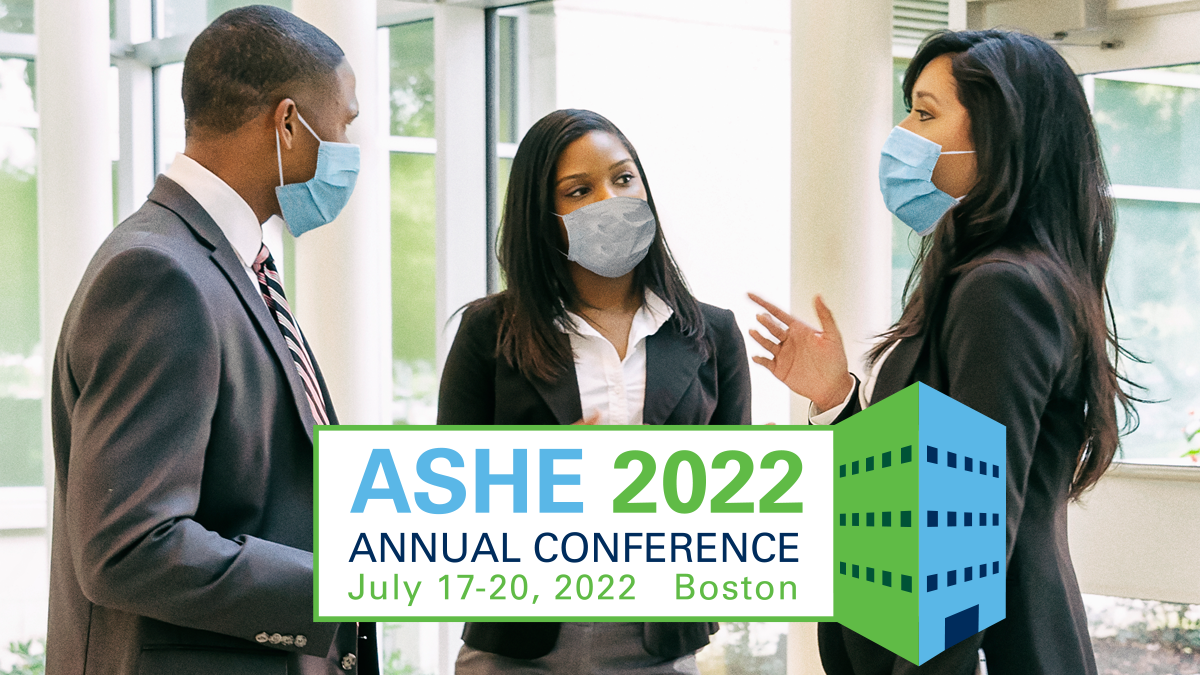

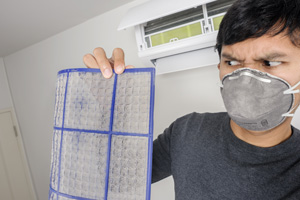 According to the
According to the 